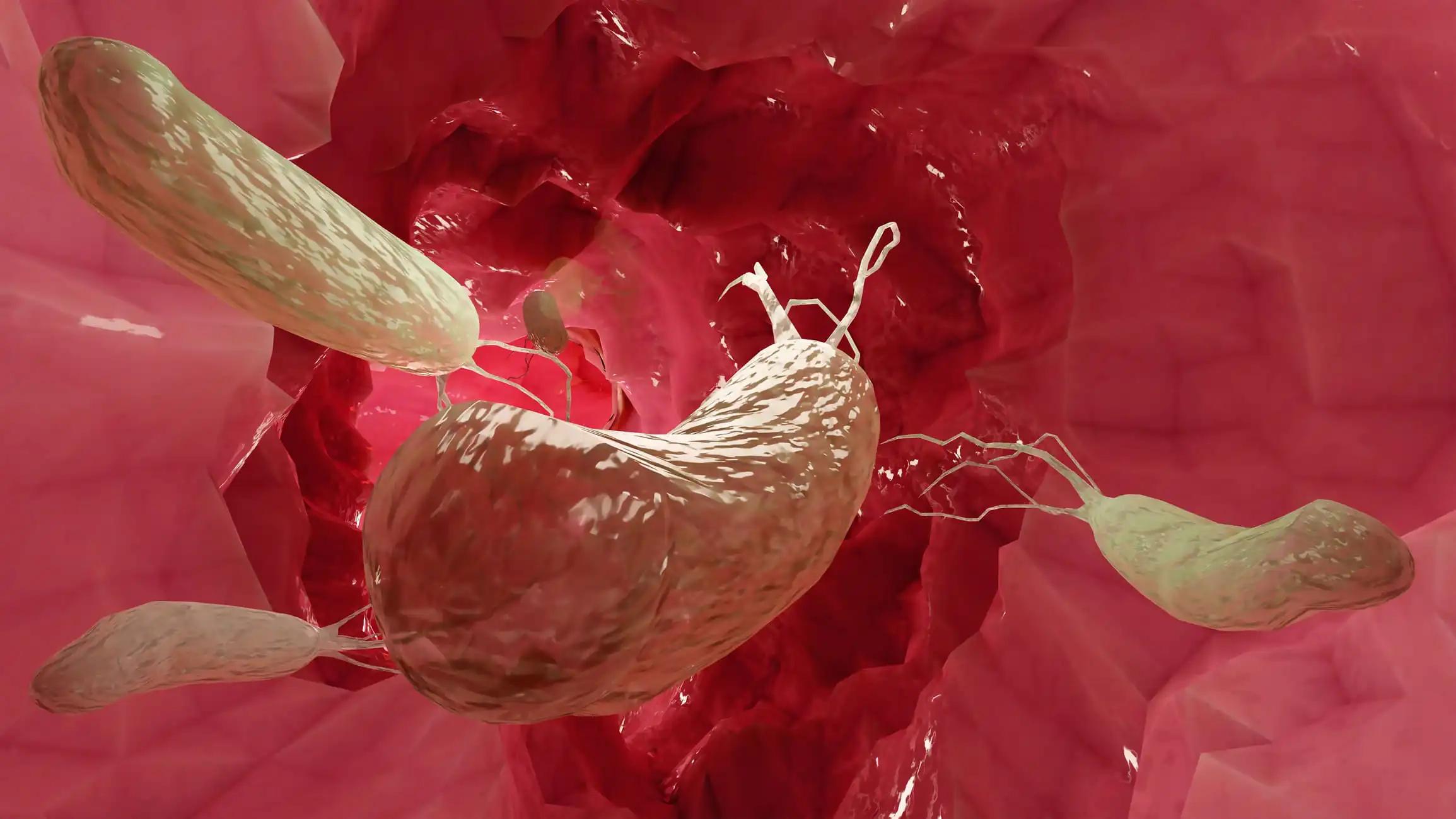KEY TAKEAWAYS
- The phase 2 PaTK02 study aimed to evaluate the safety of CAN-2409+prodrug with SOC, CR, and surgery in BR/LA PDAC.
- Primary endpoint: Resection rate and overall survival (OS) rate (24 months).
- In PDAC patients, CAN-2409+prodrug was tolerated well, OS was improved in BR cases, and CA19–9 levels were reduced, indicating tumor effect.
New therapies for PDAC are urgently needed, and CAN-2409 offers a promising approach. It’s a specialized virus that doesn’t replicate, carrying a gene called HSV-thymidine kinase. When injected directly into the tumor alongside a medication like valacyclovir or acyclovir, CAN-2409 triggers a process where the infected cells activate the medication. This leads to the death of cancerous cells, causing the release of new antigens within the tumor’s inflammatory environment.
Essentially, this prompts the body to mount a targeted immune response against the patient’s specific tumor. A phase 1 clinical trial involving PDAC patients demonstrated encouraging results, showing an increased presence of immune cells called CD8+ T cells within the tumors and initial signs of effectiveness after administering CAN-2409+prodrug.
The PaTK02 trial, an open-label phase 2 clinical study, is currently assessing the safety and effectiveness of CAN-2409+prodrug in combination with standard chemoradiation (CR) and surgery for patients with borderline resectable (BR) or locally advanced (LA) pancreatic ductal adenocarcinoma (PDAC).
CAN-2409+prodrug was administered in three courses following induction chemotherapy, during chemoradiation, and at the time of surgery. Primary endpoints include the resection rate and the overall survival (OS) rate at 24 months.
The study tracked CA19–9 changes longitudinally for the treatment group (n=9) and the control group (n=9). Immune profiling was conducted on serial samples from four patients in the test arm and three controls using OLINK.
By the data cutoff on May 1, 2023, the study enrolled a total of 19 patients: 10 in the test arm (7 with borderline resectable [BR] and 3 with locally advanced [LA] disease) and 9 in the control arm (6 BR, 3 LA). The test and control arms achieved successful resections in 3 BR patients and 1 LA patient.
Among BR patients, those receiving CAN-2409 showed no median OS limit compared to 12.5 months in the control group. The estimated OS24 was 62.5% in CAN-2409-treated patients versus 16.7% in controls. Mortality rates were similar between the arms in LA patients. No dose-limiting toxicities, including pancreatitis cases, were reported. Adverse events were mostly grades 1 and 2, with common related events being nausea and fatigue (reported in 4 cases each).
In post-treatment samples, treatment with CAN-2409 correlated with a decreased CA19–9 trajectory. Notably, the test arm patients showed increased levels of soluble granzymes B and H (21% and 14% increase, respectively) compared to 0% and 8% decrease in the control arm. IL-10 increased by 11% in test arm patients while decreasing by 5% in controls, and IFNγ increased by 19% in test patients, contrasting with an 8% increase in control patients.
Among patients receiving standard treatment for pancreatic ductal adenocarcinoma (PDAC), CAN-2409+prodrug showed good tolerance and was linked to improved overall survival (OS) in those with borderline resectable (BR) disease.
CAN-2409+prodrug lowered CA19–9 levels, indicating a potential impact on tumor volume aligning with CAN-2409’s action mechanism. Analysis of biomarkers revealed a systemic activation of the immune response.
Source: https://jitc.bmj.com/content/11/Suppl_1/A744
Clinical Trial: https://www.clinicaltrials.gov/study/NCT02446093
Garrett Nichols W, Bloomston M, Huitzil D, et al653 Neoadjuvant CAN-2409+Prodrug plus chemoradiation for borderline resectable or locally advanced non-metastatic pancreatic adenocarcinoma (PDAC)Journal for ImmunoTherapy of Cancer 2023;11:doi: 10.1136/jitc-2023-SITC2023.0653



